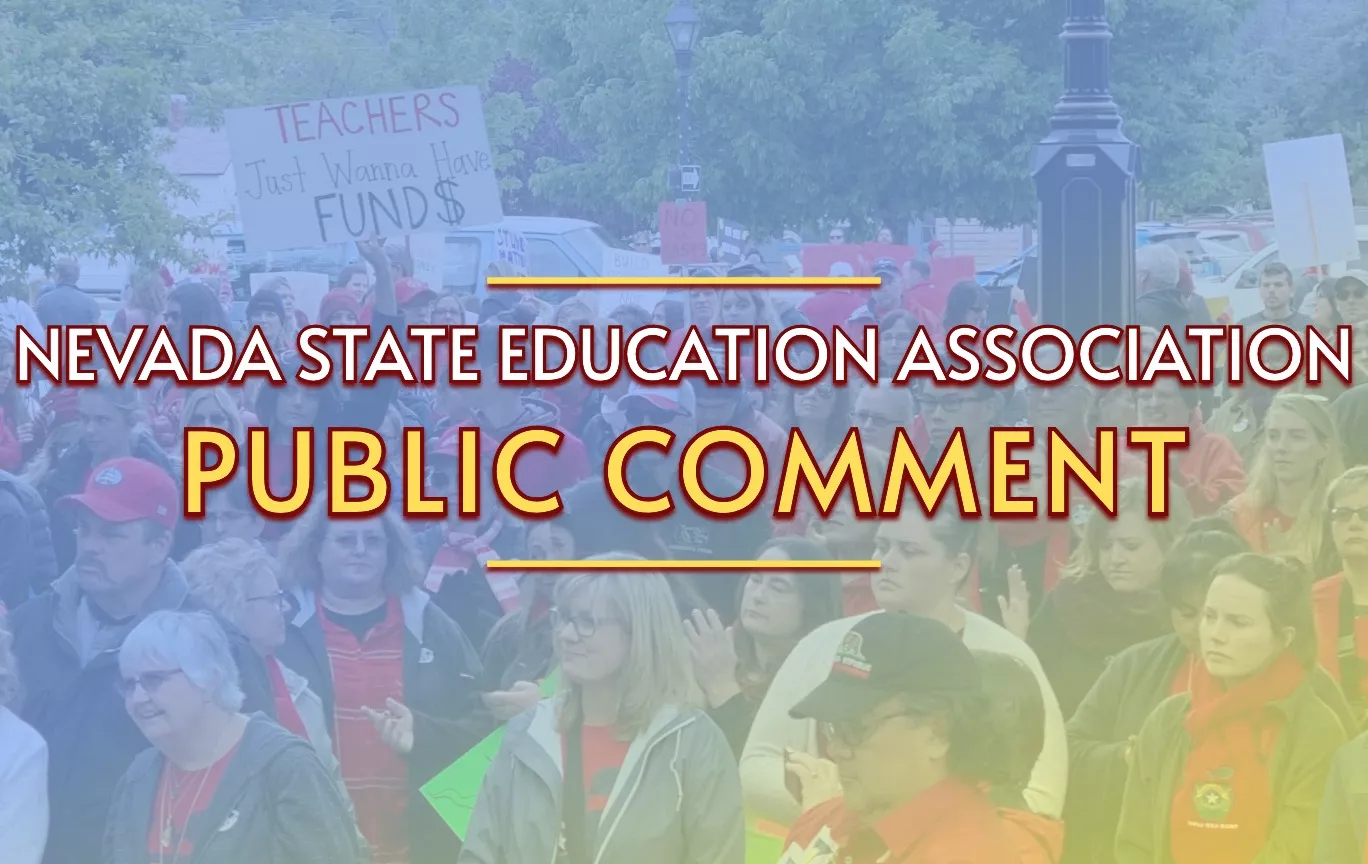Budget 2699
Regarding Budget 2699 - Other State Education Programs, NSEA is very concerned about the proposed $33 million cut over the biennium to early literacy supports in the Read by Grade 3 program. A recent presentation from Data Insight Partners to the Education Committees showed that for the first time ever, Nevada 4th graders are performing at the same level as their national peers and only 3 states made more progress than Nevada in 4th grade reading achievement over the last decade. This growth was tied to the strategic investment made by Nevada through the Read by Grade 3 Program along with investments in Zoom and Victory Schools.
SB151 has been heard to reduce the caseloads of licensed educators. NSEA offered an amendment to extend a 5% salary enhancement to school counselors, psychologists, and social workers who have successfully completed a national certification program to develop the highest standards of practice for students, and we would ask for this committee’s consideration of this request, especially in light of the increased importance of this work related to the COVID-19 pandemic.
Budget 2615
Related to Budget 2615 - School Remediation Trust Fund, NSEA has submitted detailed comments against the transfer of Zoom and Victory funding to the State Education Funding Account. Further, NSEA is concerned about the elimination of teacher incentives for continuing teachers in Title I schools, while ongoing and increased funding for new teacher incentives. During the creation of this incentive program in 2017, NSEA argued for the creation of new teacher incentives with parallel retention incentives for veteran teachers to avoid disparities that could disadvantage veteran teachers. With ongoing issues related to teacher retention, especially at Title I schools, we continue this request.
Budgets 2698 and 2704
Finally, related to Budgets 2698 - School Safety and 2704 – Bullying Prevention Account, NSEA would again caution the Legislature as these program budgets are transferred to the State Education Funding Account, the most important line of accountability between districts and the state is blurred. While requirements continue in statute, the impetus for districts to deliver on these legislative priorities is watered down. We see this as one of the many unintended consequences of SB543.
